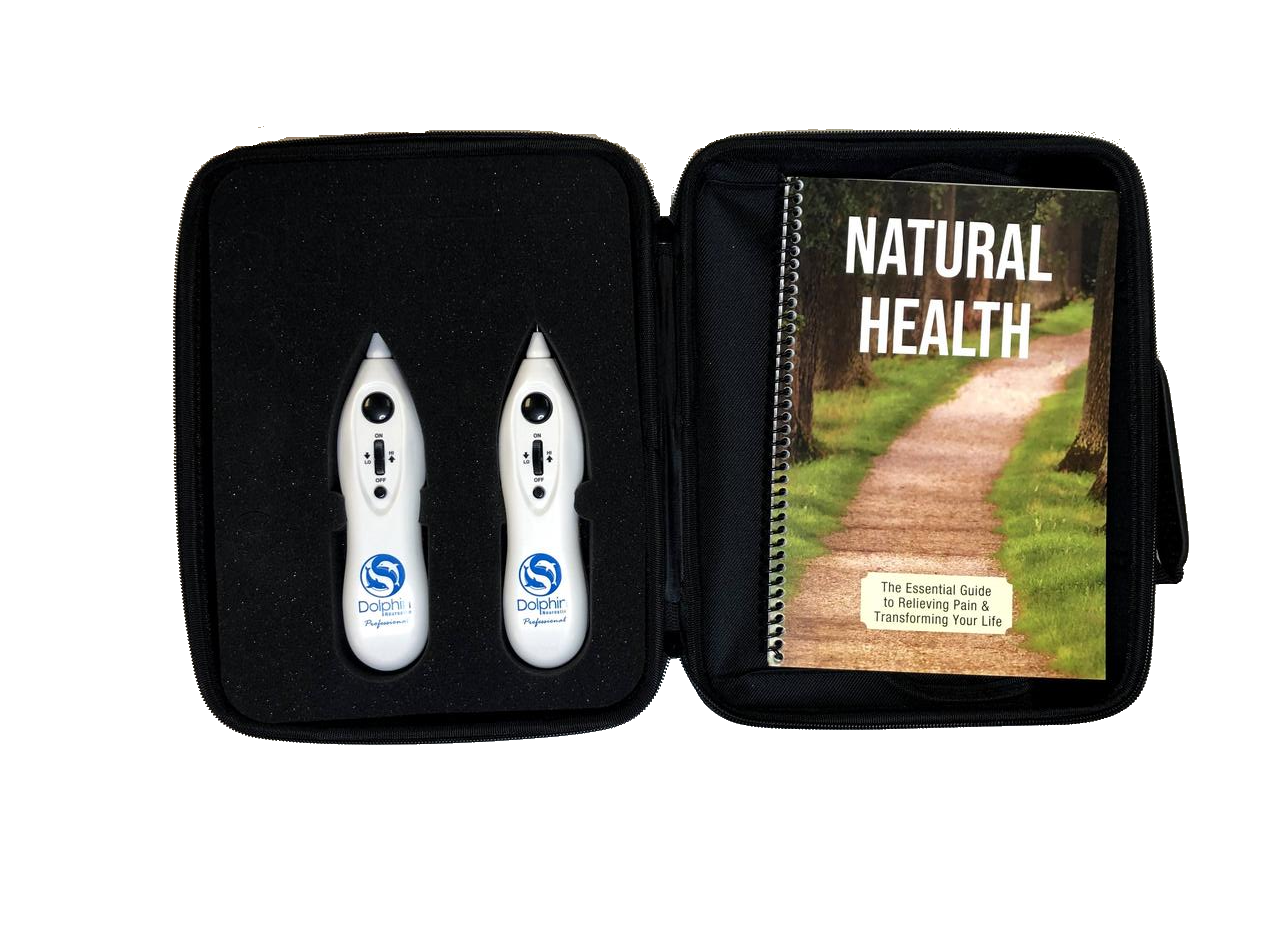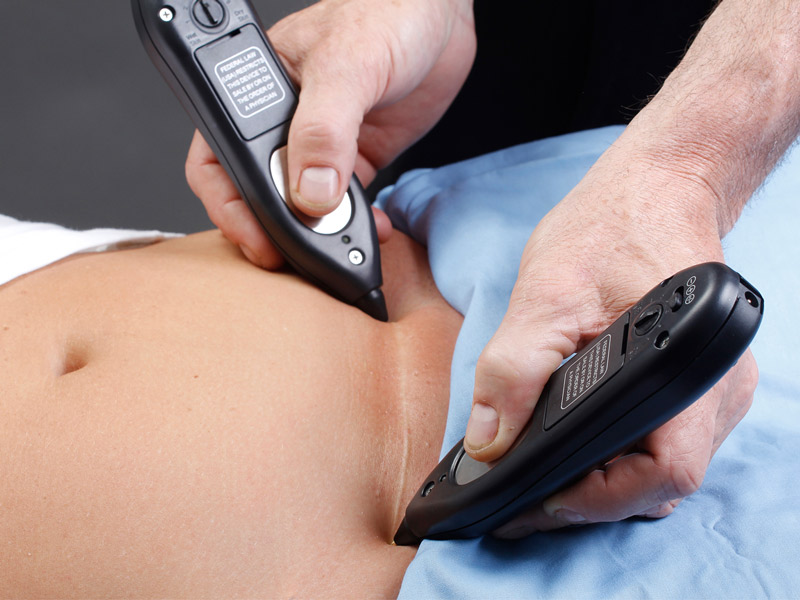Scar Release Therapy
Scars are universal; we all have them. They even accumulate as we age and walk through life, and can be the culprit to many pain syndromes and diseases. Have you had surgery like a C-section, tummy tuck, gall bladder removal, hysterectomy, plastic surgery, back, hip, knee, or shoulder surgery? Have you suffered any injuries or repetitive type injuries?
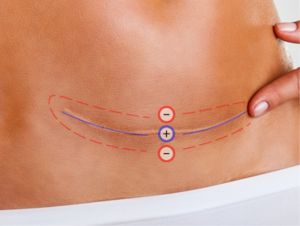
What Are Scars?
According to a study published in the Journal of Cutaneous and Aesthetic Surgery: ‘A scar can be defined as a fault or blemish resulting from some former condition, wound, sore or burn. Scar formation is an inevitable consequence of wound healing in which the normal skin is replaced by a fibrous tissue’.
It should be noted that physical scars often come with emotional scars and chronic pain (more on this below).
Emotional scars result from traumatic experiences.
Where Do Scars Come From?
Scars come from surgeries (C-section, ACL, among others), broken bones, sprained joints, torn muscles and inflammation. Scars also result from any areas of the body and the mind that has been injured through physical and emotional traumatic experiences.
The Effects of Scarring on the Human Body, AKA the Fascia-Stress Theory of Pain
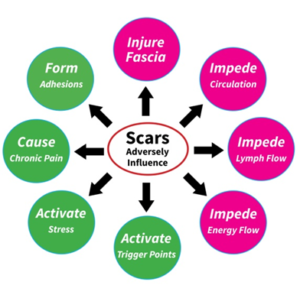
- Up-regulate the sympathetic nervous system, producing stress, decreasing heart rate Variability, or “HRV)” and healing vagal tone.
- Create internal adhesions inside the body. Adhesions act as internal “straitjackets”, reducing muscle and organ performance and producing pain.
- Injure fascia, causing fascial restrictions and structural imbalances.
- Suppress female hormone levels.
- Block circulation and energy flow through the meridian system, producing energy and circulation stagnations in extremities, especially in lower extremities.
- Because of the above effects, scars directly cause chronic pain throughout the body.
Post-Surgical Scarring and Chronic Pain
It is reported up to one-third of patients undergoing common surgical procedures report persistent or intermittent pain, called chronic post-surgical pain (CPSP), which may vary in severity at one year post-surgery (Lancet 2006).
Scars – especially abdominal surgical scars – have significantly negative influences on the body. Among other things, they restrict metabolism, pull on fascia, the skeletal system and internal organs, and otherwise negatively influence the body in many ways.
When the millions of physical scars produced annually throughout North America, as a result of surgeries and/or injuries, are combined with day-to-day accumulated traumas, the data presents a significant pre-existing pool of stress and pain patients within the general population.
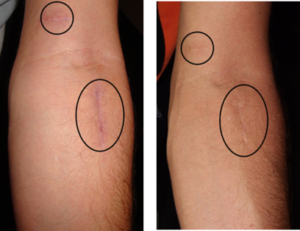
The Solution for Scar-Induced Chronic Pain
Scars are one of the major reasons for chronic pain in individuals who had undergone recent surgery or trauma. These scars not only restrict a person’s mobility but also cause long term pain which may not be diagnosed clinically.
Hence it is essential to reduce the scar size in order to release fascia restrictions and improve functional movement as explained by the Fascia-Stress Theory of Pain.
With millions of physical scars surgically produced annually, the ‘Fascia-Stress Theory of Pain’ may help explain the cause of suffering for so many hard-to-treat (intractable) chronic pain sufferers.”
Scars can be reduced by surgical and non-surgical methods, including pressure dressing and microdermabrasion, but they do nothing to relieve chronic pain. Enter Scar Release Therapy.
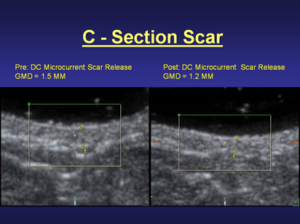
What is Scar Release Therapy (SRT)?
The Center for Pain & Stress Research (CPSR), has developed a new patented Scar Release Therapy (SRT), a safe, clinically tested, and proven solution for scarred individuals and chronic pain sufferers.
It is a painless way to reduce the negative influences of scarring on one’s body, allowing people to be healthier physically and emotionally.
How does Scar Release Therapy Work (SRT)?
SRT uses the latest scientific advances to address both chronic pain and dermal scarring that occurs post-trauma or surgery. It applies Microcurrent Point Stimulation (MPS), which is a patented solution that is based on the scientific concept of increasing the skin’s inter-cellular metabolism, protein synthesis, and healing to re-awaken its ability to regenerate.
By targeting direct cellular stimulation of microcurrent waves through the scars, this simple procedure works by releasing the tense scar contracture which in turn reduces dermal trauma, adhesions, and fascial restrictions.
Why You Need to Try It
SRT is clinically proven to deliver 73.2% and 80.2% chronic pain relief after 1-3 applications. Lessen your need and anxiety to see your therapists in person by self-treating your pain in the comfort of your home.
Treat your problems with this one time-investment – the treatment for your chronic health problems does not have to be chronic.
Video Gallery


References


